
Aalst: A Hidden Gem in Belgium
Nestled in the heart of Flanders, Aalst is a charming city rich with history, culture, and vibrant local life. Known for its medieval architecture and picturesque streets, Aalst offers a unique glimpse into Belgium's storied past. The city's iconic belfry, a UNESCO World Heritage site, stands proudly in the Grote Markt, serving as a testament to its historical significance. Every February, Aalst transforms into a lively carnival hub, attracting visitors from all over the world. The Aalst Carnival, recognized by UNESCO as an Intangible Cultural Heritage, is a must-see event filled with colorful parades, satirical floats, and lively music. This celebration of creativity and humor is deeply ingrained in the local culture, making it a memorable experience for any visitor. Beyond its historical and cultural attractions, Aalst boasts beautiful parks and gardens, perfect for a leisurely stroll or a relaxing picnic. The city is also known for its gastronomy, offering a variety of local delicacies and Belgian specialties. From quaint cafes to fine dining restaurants, food enthusiasts will find plenty to savor in Aalst.
Local tips in Aalst
- Visit the Aalst Carnival in February for an unforgettable experience.
- Explore the Grote Markt and its surrounding medieval architecture.
- Try local delicacies at the many cafes and restaurants.
- Take a leisurely walk through the city’s parks and gardens.
Aalst: A Hidden Gem in Belgium
Nestled in the heart of Flanders, Aalst is a charming city rich with history, culture, and vibrant local life. Known for its medieval architecture and picturesque streets, Aalst offers a unique glimpse into Belgium's storied past. The city's iconic belfry, a UNESCO World Heritage site, stands proudly in the Grote Markt, serving as a testament to its historical significance. Every February, Aalst transforms into a lively carnival hub, attracting visitors from all over the world. The Aalst Carnival, recognized by UNESCO as an Intangible Cultural Heritage, is a must-see event filled with colorful parades, satirical floats, and lively music. This celebration of creativity and humor is deeply ingrained in the local culture, making it a memorable experience for any visitor. Beyond its historical and cultural attractions, Aalst boasts beautiful parks and gardens, perfect for a leisurely stroll or a relaxing picnic. The city is also known for its gastronomy, offering a variety of local delicacies and Belgian specialties. From quaint cafes to fine dining restaurants, food enthusiasts will find plenty to savor in Aalst.
When is the best time to go to Aalst?
Iconic landmarks you can’t miss
Stadspark Aalst
Discover tranquility in Aalst's verdant heart: Stadspark, a historic green space offering recreation and natural beauty near the city center.
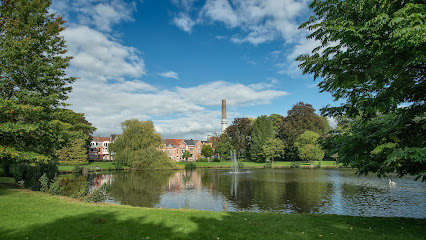
Safir
A popular and cozy pub in Aalst, Belgium, offering a diverse drink selection, tasty snacks, and a friendly atmosphere.
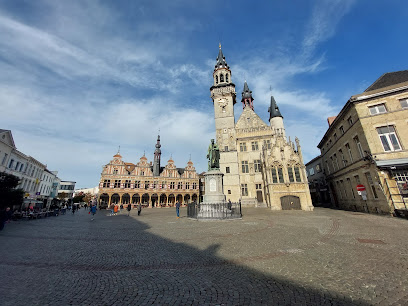
Tower Hotel
Experience unparalleled comfort and elegance at the Tower Hotel in Aalst, Belgium - your ultimate destination for relaxation and local exploration.

St Martin's Church
Discover the architectural marvel of St. Martin's Church in Aalst, where history and spirituality converge in a stunning Gothic masterpiece.
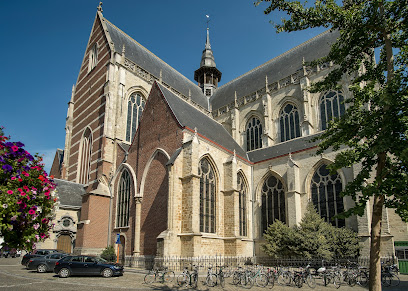
'T Gasthuys - Stedelijk Museum Aalst
Explore the rich tapestry of Aalst's history at 'T Gasthuys - Stedelijk Museum, where the past meets the present in a captivating journey.
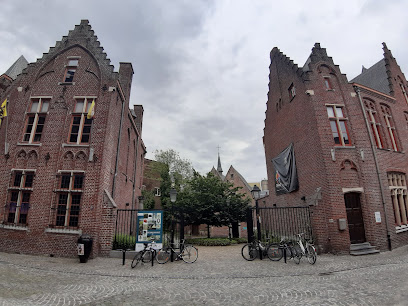
Belfort Aalst
Explore the stunning Belfort Aalst, a UNESCO World Heritage site, and immerse yourself in the rich history and culture of Aalst, Belgium.
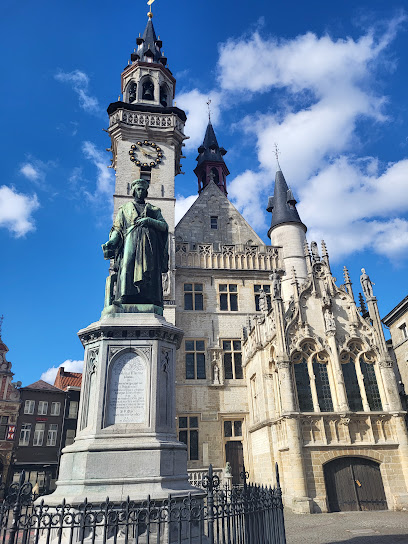
Kravaalbos
Discover the serene beauty of Kravaalbos, a nature preserve in Aalst, Belgium, perfect for hiking, picnicking, and wildlife watching amidst lush landscapes.
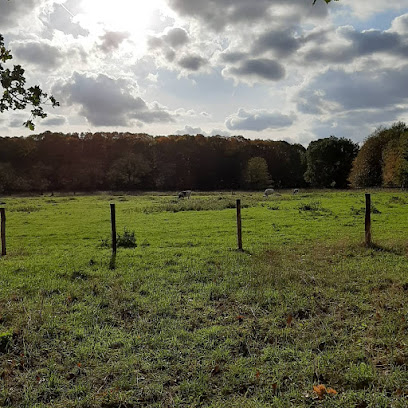
Alost / Aalst
Discover Aalst, Belgium: A historical transit hub with rich heritage, vibrant culture, and easy access to major Flemish cities.
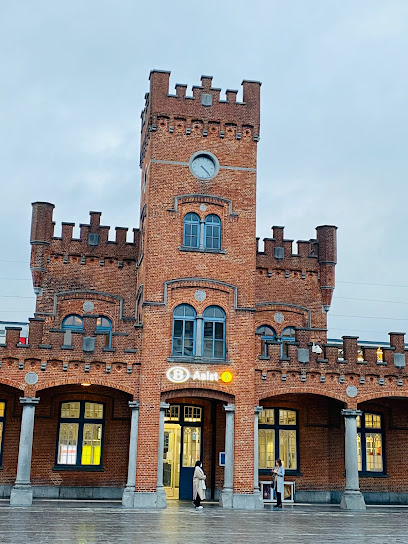
Visit Aalst
Your gateway to exploring Aalst, Belgium! Discover attractions, events, practical info, and everything you need for a memorable visit.
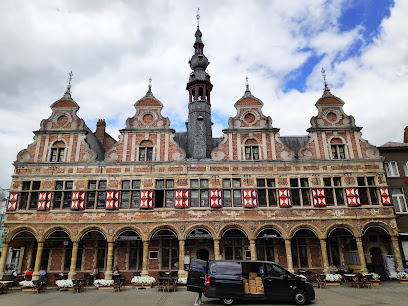
B&B Hof Beygaert
Experience warm hospitality and comfort at B&B Hof Beygaert, your perfect retreat in the heart of Aalst, Belgium, surrounded by history and charm.
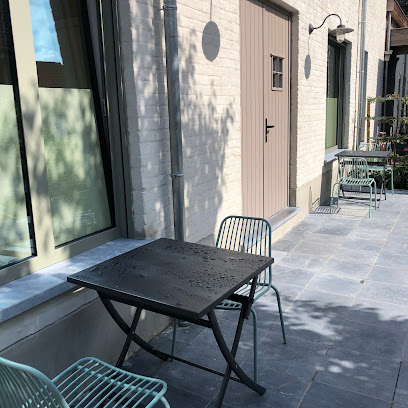
B&B Hof Ter Koningen
Experience the charm of Aalst at B&B Hof Ter Koningen, your perfect Belgian retreat with warm hospitality and local flavor.
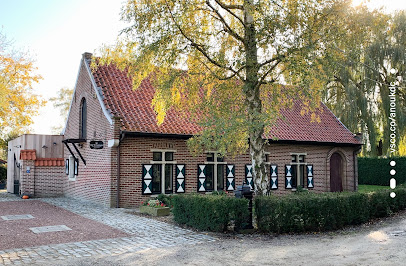
The Outsider Aalst
Unleash your adventurous spirit at The Outsider Aalst, a premier recreation center offering thrilling activities and serene spots for relaxation.
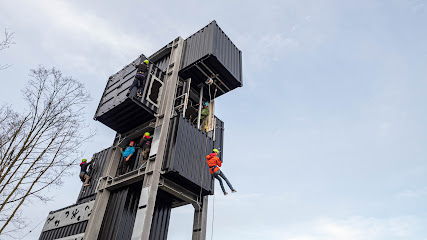
Oud Aelst
Explore Oud Aelst, Aalst's premier antique store, where history meets charm in a delightful collection of vintage treasures.
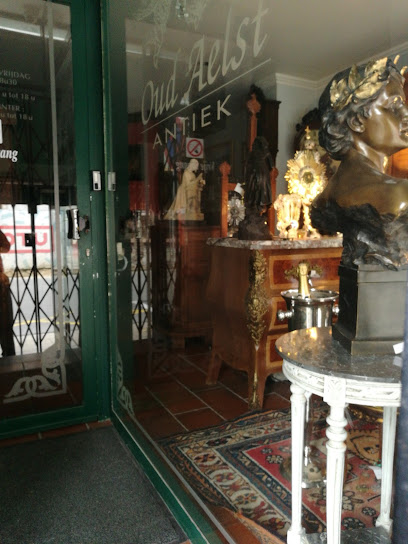
Monument Koningin Astrid
Experience the rich history of Belgium at the Monument Koningin Astrid, a stunning tribute in the heart of Aalst's vibrant culture.
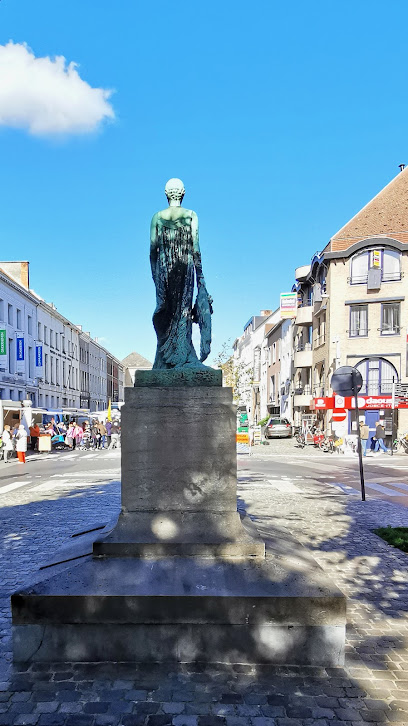
Streekbierenfestival Land van Aelst
Discover the vibrant culture and exquisite craft beers at the Streekbierenfestival in Aalst, a must-visit for beer lovers and festival enthusiasts alike.
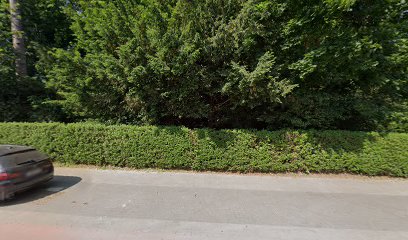
Unmissable attractions to see
Grand Place
A UNESCO World Heritage Site in the heart of Brussels, surrounded by stunning architecture and rich history.
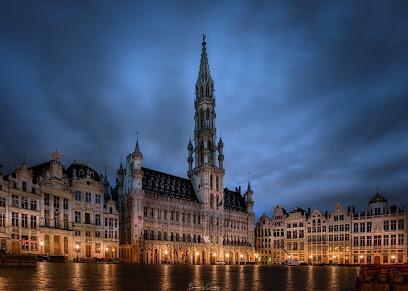
Manneken Pis
Meet Brussels' most famous resident, a small bronze statue with a big personality, embodying the city's playful spirit and unique sense of humor, located steps from the Grand Place.
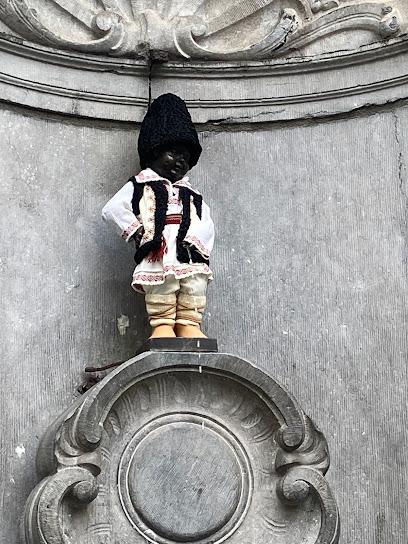
Royal Gallery of Saint Hubert
Discover Brussels' historic Royal Gallery of Saint Hubert, a 19th-century shopping arcade with luxury boutiques, cafes, and stunning architecture.
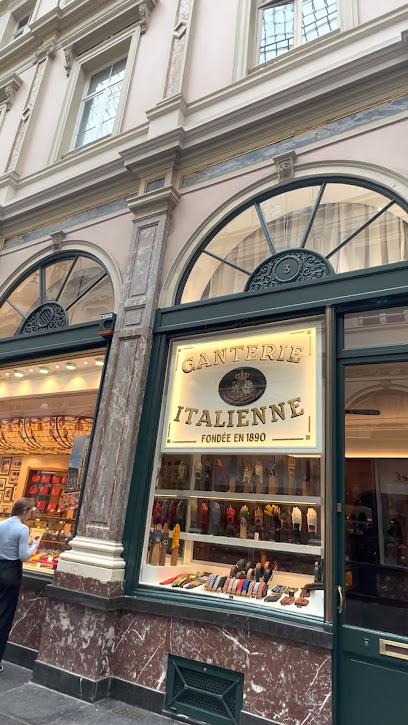
Parc du Cinquantenaire
Explore Brussels' iconic Parc du Cinquantenaire: history, museums, gardens, and panoramic views await!

Castle of the Counts
Explore Ghent's iconic medieval fortress, the Gravensteen, and journey through centuries of history, from its imposing architecture to its intriguing past as a castle, prison, and more.
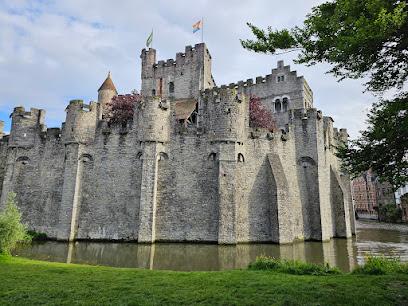
Gravensteen
Explore Ghent's iconic Gravensteen, a formidable medieval castle with a turbulent history, offering panoramic views, intriguing exhibits, and a glimpse into a bygone era of counts, courts, and cotton mills.
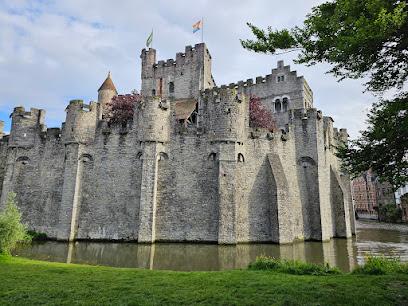
Delirium Café
Explore over 2,000 beers from around the world at Delirium Café, a legendary Brussels bar and Guinness World Record holder!
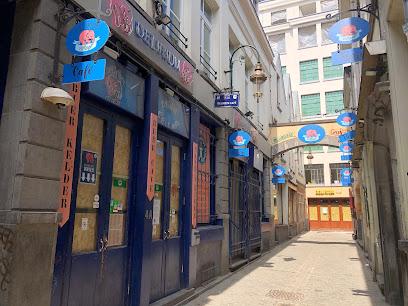
Parc de Bruxelles
Escape to Brussels' largest urban park: a neoclassical oasis of history, nature, and tranquility in the heart of the city.
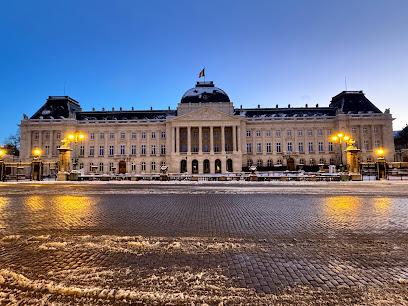
MAS - Museum aan de Stroom
Explore Antwerp's vibrant history and global connections at the MAS, an iconic museum offering panoramic city views and captivating exhibitions in a stunning waterfront setting.
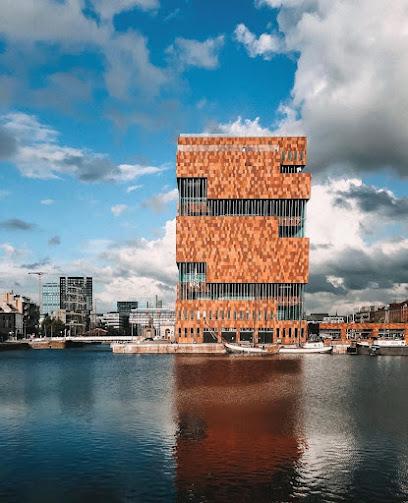
Bois de la Cambre
Escape to Brussels' green heart: Bois de la Cambre, a sprawling park offering recreation, tranquility, and a touch of nature just moments from the city center.
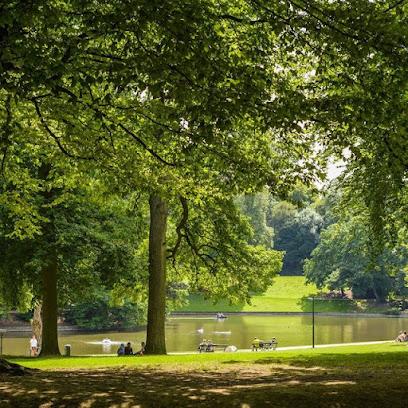
Royal Palace of Brussels
Explore the Royal Palace of Brussels, a symbol of Belgian history and the administrative heart of the monarchy. Open to the public each summer.
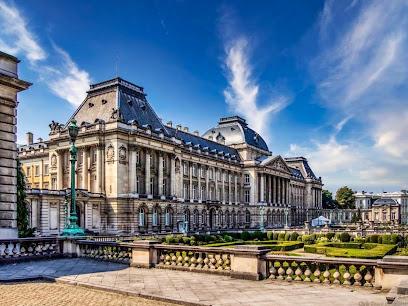
Royal Belgian institute of Natural Sciences
Explore Europe's largest Dinosaur Gallery and delve into the wonders of natural history at Brussels' Royal Belgian Institute of Natural Sciences, a captivating journey for all ages.
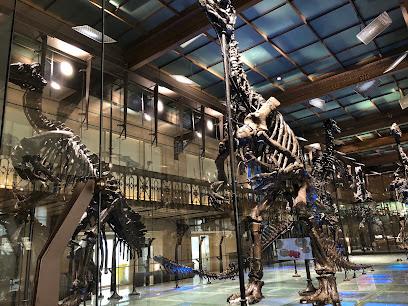
Brussels Expo
Experience world-class events at Brussels Expo, a historic venue hosting major international trade fairs, exhibitions, and cultural events in Brussels.
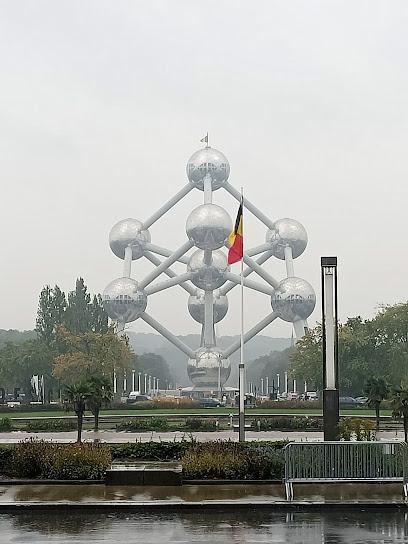
Saint Bavo's Cathedral
Discover Ghent's iconic Saint Bavo's Cathedral, home to the world-renowned Ghent Altarpiece and a treasure trove of art and history, in the heart of the city.
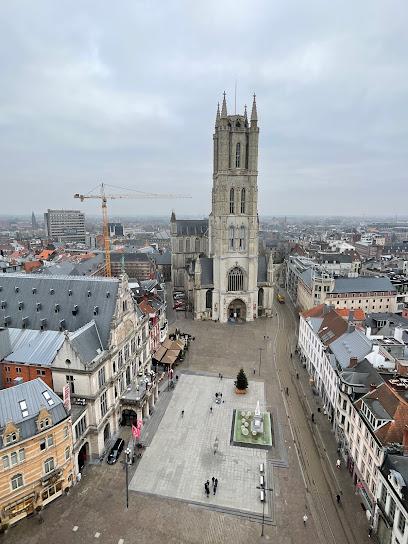
Cathedral of Our Lady
Discover Antwerp's iconic Cathedral of Our Lady: a soaring Gothic masterpiece housing Rubens' art, centuries of history, and breathtaking architectural grandeur.
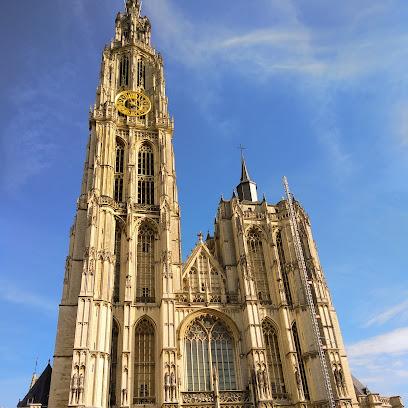
Essential places to dine
Restaurant Mozart
Discover the exquisite barbecue flavors at Restaurant Mozart in Aalst – where every bite tells a story.
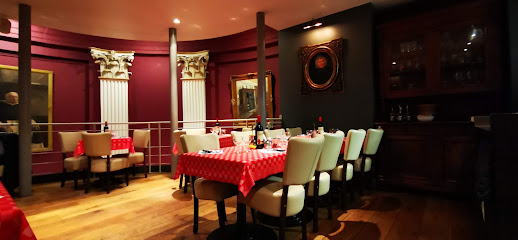
Café de Paris
Experience authentic Belgian cuisine at Café de Paris, where traditional flavors meet modern elegance in the heart of Aalst.
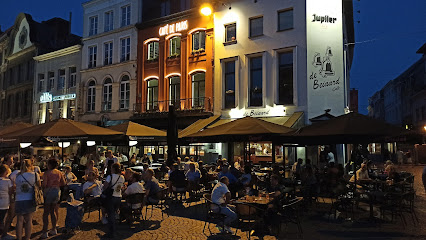
Friends Breakfast and Lunch
Discover delicious breakfast, brunch & lunch at Friends Breakfast and Lunch in Aalst - where quality meets comfort in every bite.

Mister Spaghetti Aalst
Experience authentic Italian cuisine at Mister Spaghetti Aalst, where delicious flavors meet warm hospitality in the heart of Belgium.
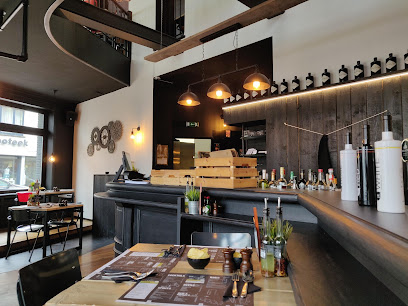
't Filet Pur'Ken
Experience exquisite Belgian cuisine at 't Filet Pur'Ken in Aalst - where tradition meets modern culinary artistry.
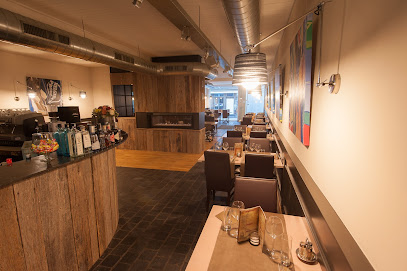
Graaf van Egmont
Discover authentic Belgian flavors at Graaf van Egmont in Aalst's historic Grote Markt - your gateway to local cuisine and culture.
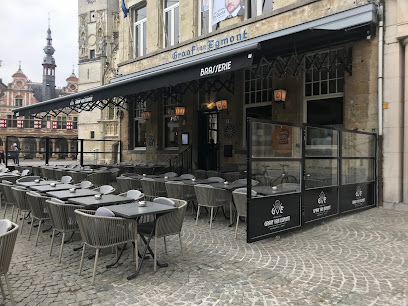
't Apostelken
Experience authentic Belgian cuisine at 't Apostelken in Aalst – a delightful restaurant blending local flavors with warm hospitality.
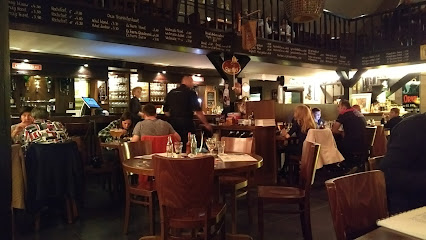
Nobel
Experience the flavors of Belgium at Brasserie Nobel - your go-to spot for breakfast, brunch, and delightful meals in Aalst.
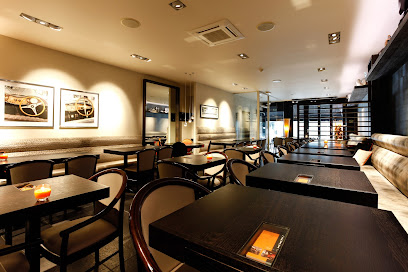
Vleesrestaurant De Frigo
Discover the exquisite flavors of Belgium at Vleesrestaurant De Frigo - where quality meats meet warm hospitality.
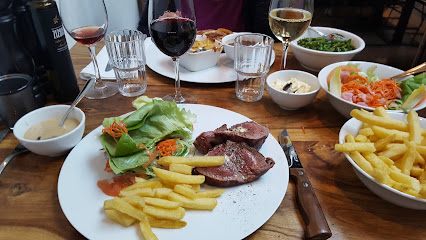
Zorba Aalst
Experience authentic Mediterranean flavors at Zorba Aalst – a culinary gem in the heart of Belgium.
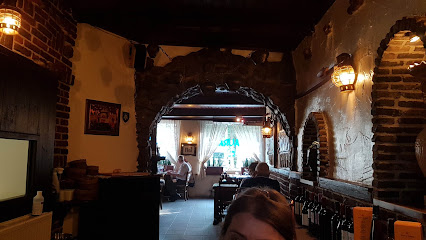
Deluxe Burger
Experience the ultimate burger indulgence at Deluxe Burger in Aalst - where gourmet meets tradition in every bite.
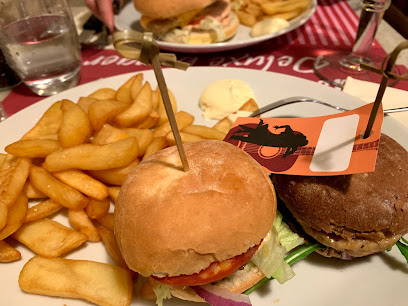
Hostellerie De Biek
Discover the flavors of Belgium at Hostellerie De Biek in Aalst – where exquisite dining meets cozy accommodations.

Den Admiraal
Discover the culinary charm of Den Admiraal in Aalst, where delicious Belgian cuisine meets a cozy atmosphere.
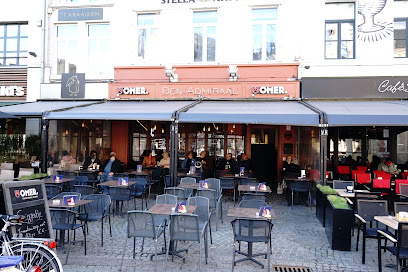
Borse van Amsterdam
Experience authentic Belgian cuisine at Borse van Amsterdam – where tradition meets flavor in the heart of Aalst.
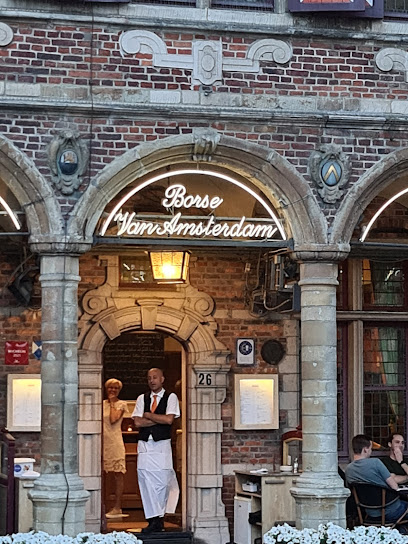
Taverne Dirk Martens
Experience authentic Belgian cuisine at Taverne Dirk Martens in Aalst - where local flavors meet warm hospitality.
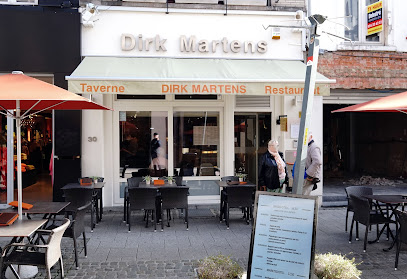
Markets, malls and hidden boutiques
Action Aalst
Discover an incredible variety of gifts, DIY supplies, and home essentials at Action Aalst, your ultimate shopping destination in Belgium.
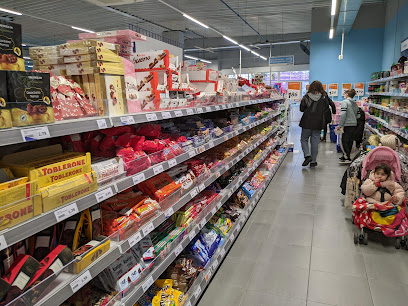
A.S.Adventure
Discover everything you need for your outdoor adventures at A.S.Adventure in Aalst, from camping gear to stylish beachwear.
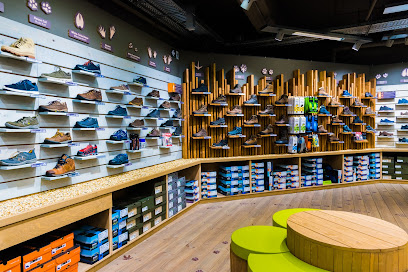
Pieter van Aelst Winkelgaanderij
Explore the charm of Aalst at Pieter van Aelst Winkelgaanderij, a delightful shopping mall featuring a variety of shops and a vibrant atmosphere.
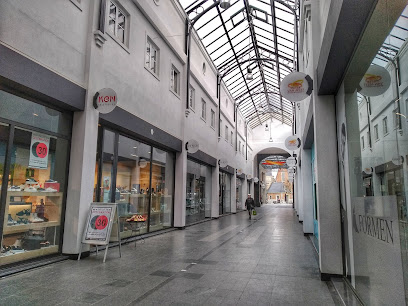
Dille & Kamille - Aalst
Explore Dille & Kamille in Aalst for a unique selection of gifts, home goods, and kitchen supplies that embody the spirit of Belgian design.
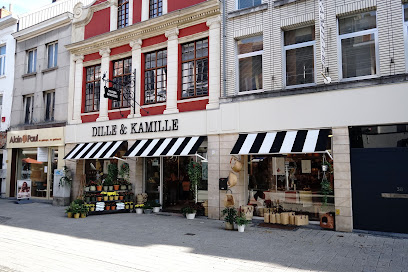
Hema
Explore Hema in Aalst for a unique shopping experience filled with gifts, clothing, and everyday essentials at great prices.
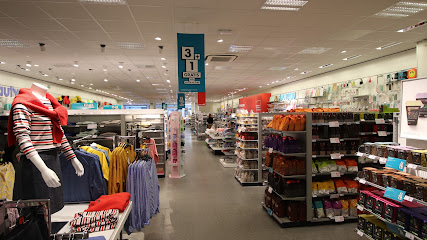
Veritas - Aalst
Explore Veritas in Aalst for an unparalleled selection of fashion accessories, children's clothing, and creative supplies, all in a welcoming atmosphere.
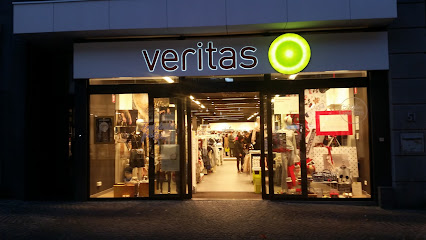
Jules Aalst
Explore Jules Aalst for an exceptional shopping experience featuring men's and children's fashion, accessories, and tuxedos in the heart of Belgium.
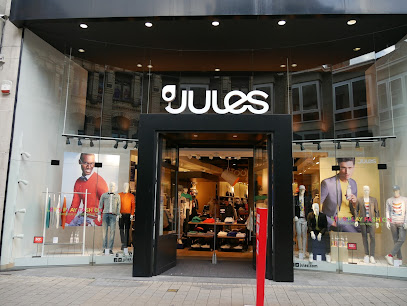
CASA Aalst
Discover CASA Aalst, where unique gifts and stylish home goods come together to enhance your Belgian experience.
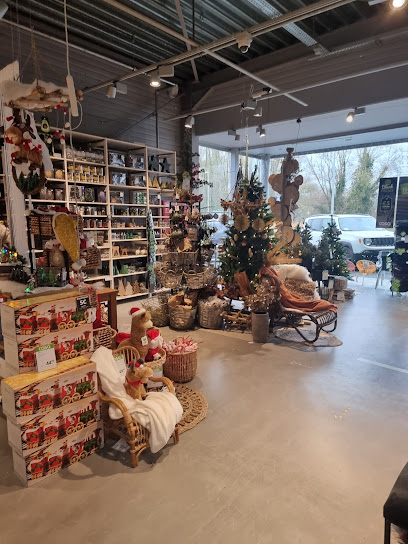
Oil & Vinegar
Discover the essence of Mediterranean flavors at Oil & Vinegar, Aalst's premier gourmet grocery store, offering exquisite oils, vinegars, and culinary treasures.
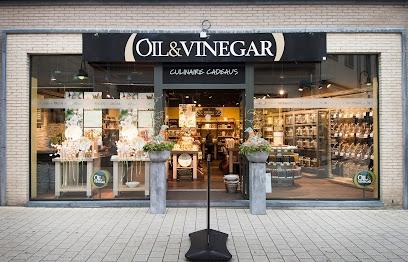
Puntje op de i
Discover unique gifts and quality kitchen supplies at Puntje op de i, a charming shop in Aalst reflecting local culture and creativity.
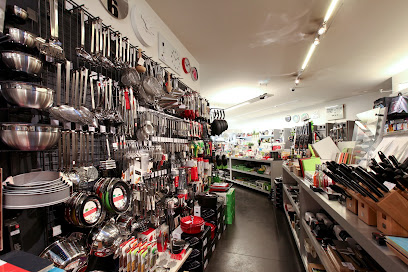
JACK & JONES
Explore the latest in men's fashion at JACK & JONES in Aalst, where style meets comfort for every occasion.
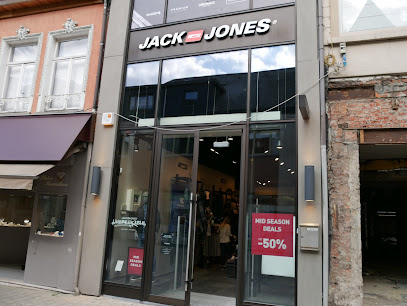
BoekenVoordeel Aalst
Explore BoekenVoordeel Aalst: A book lover's paradise filled with gifts, toys, and treasures for all ages in the heart of Belgium.
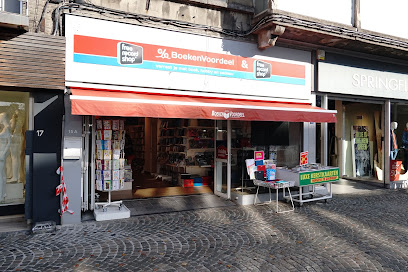
WE Fashion Aalst - Nieuwstraat
Discover the latest fashion trends for the whole family at WE Fashion Aalst, your go-to clothing store in the heart of the city.
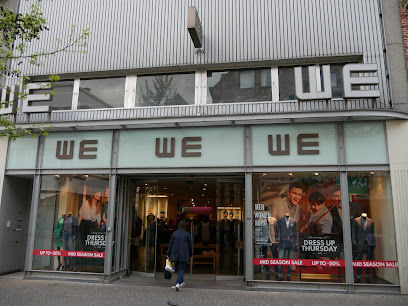
Cose Cosi - Concept Store
Experience Aalst's fashion scene at Cose Cosi, a concept store offering unique clothing, accessories, and local craftsmanship.

Flying Tiger Copenhagen
Explore Flying Tiger Copenhagen in Aalst for unique gifts, home goods, and toys that inspire creativity and joy for all ages.
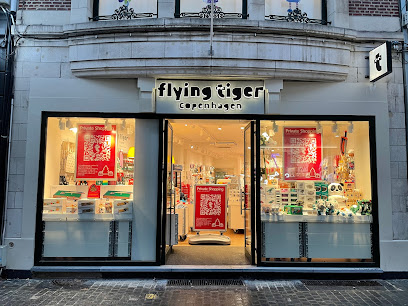
Essential bars & hidden hideouts
Piazza
Discover exquisite wines in a cozy atmosphere at Piazza, Aalst's premier wine bar, where every sip tells a story.
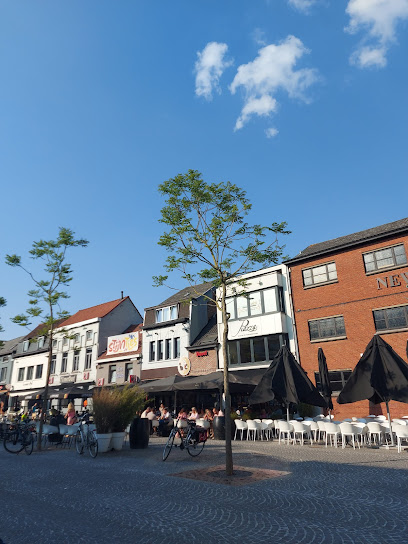
Classics
Discover Classics in Aalst, a lively bar offering a diverse drink selection and a vibrant atmosphere perfect for unwinding after a day of exploration.
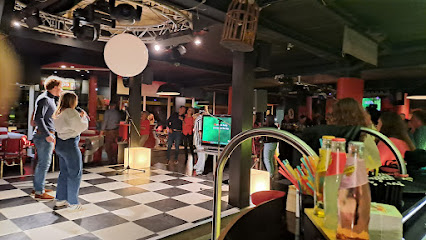
't Capucientje
Explore the charming ‘t Capucientje pub in Aalst, where local brews and friendly faces await for a true taste of Belgian culture.
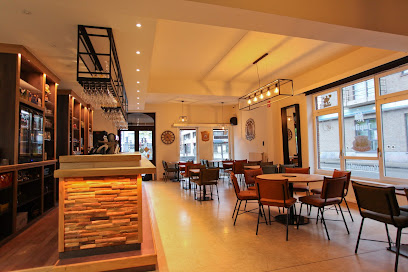
Den Heiligen Gheest
Discover the lively spirit of Den Heiligen Gheest, a charming pub in Aalst offering a delightful selection of drinks and a vibrant atmosphere.
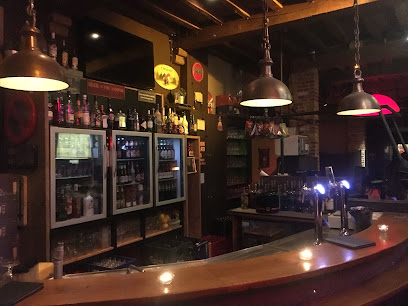
James Cocktails & Fingerfood
Explore the vibrant cocktail culture at James Cocktails & Fingerfood in Aalst, where creative drinks meet delicious finger food.
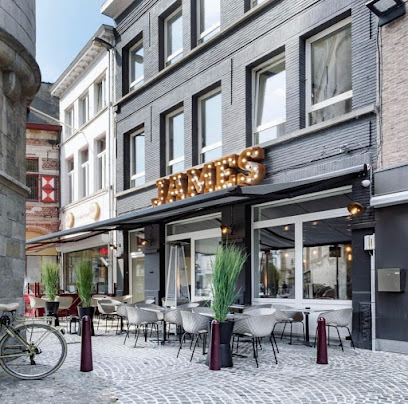
The Music Club
Experience the vibrant nightlife of Aalst at The Music Club, a cocktail bar featuring an extensive drink menu and lively atmosphere.
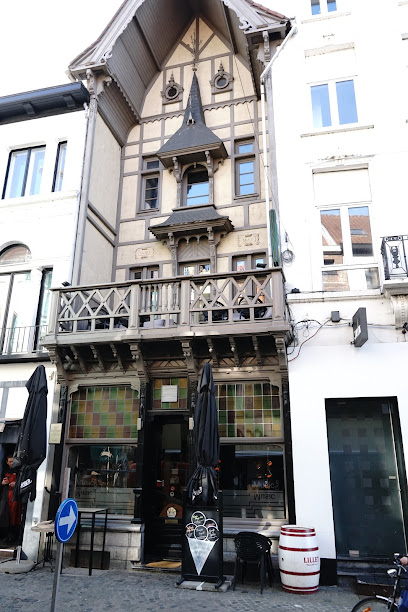
Barbo
Discover Barbo in Aalst, where a diverse drink menu meets a lively atmosphere for an unforgettable bar experience.
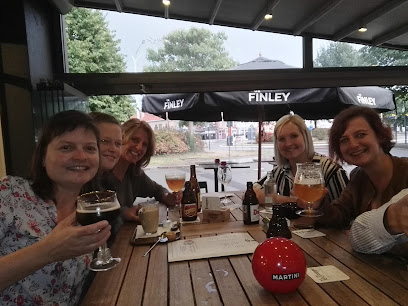
The Milano
Experience upscale nightlife at The Milano, Aalst's premier lounge and dance club, with crafted cocktails and a vibrant atmosphere for unforgettable evenings.

L'Art Nouveau
Discover the artistic charm and vibrant atmosphere of L'Art Nouveau, a must-visit pub in the heart of Aalst, Belgium.
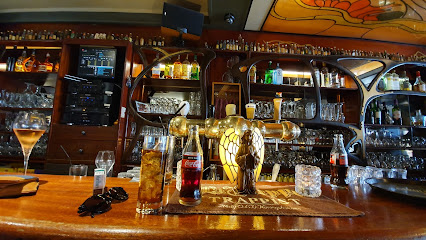
Barca Bère
Experience the charm of Barca Bère, a cozy pub in Aalst, Belgium, where friendly vibes meet delightful drinks and live music.
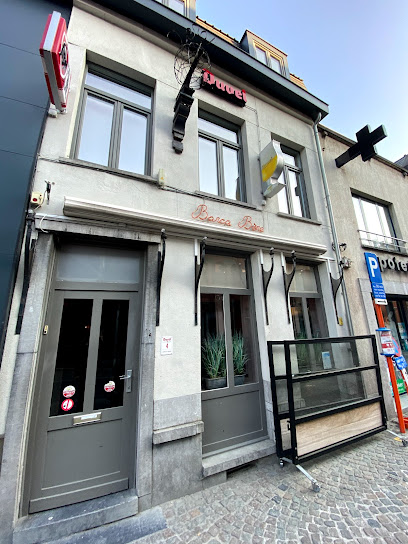
Pub ‘t Ajuintje - Aalst
Discover the authentic taste of Belgium at Pub ‘t Ajuintje in Aalst, where local brews and hearty dishes create a vibrant atmosphere.
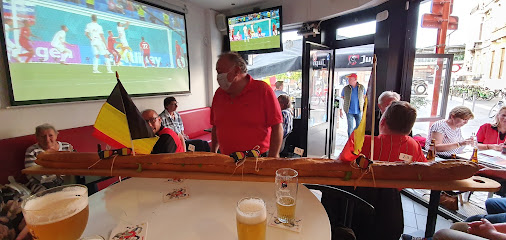
Bailar cocktail- & gastrobar
Discover the perfect blend of exquisite cocktails and delectable tapas at Bailar Cocktail & Gastrobar in Aalst.
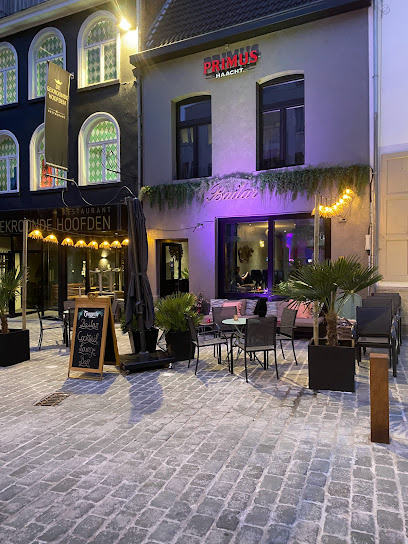
The Mojo
Discover the lively ambiance of The Mojo, a vibrant pub in Aalst known for its live music, craft drinks, and friendly atmosphere.
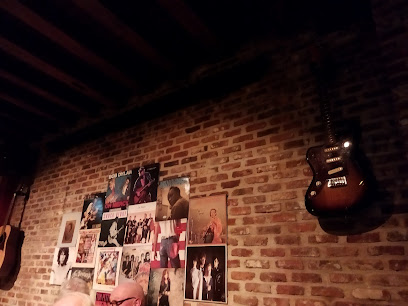
Zeppelin Aalst
Experience the vibrant nightlife of Aalst at Zeppelin Aalst, a lively bar offering an extensive drink selection in a welcoming atmosphere.
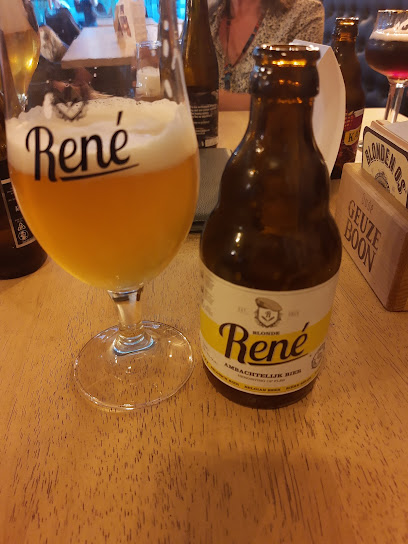
Local Phrases
-
- HelloHallo
[hah-loh] - GoodbyeTot ziens
[toht zeens] - YesJa
[yah] - NoNee
[nay] - Please/You're welcomeAlsjeblieft
[ahls-yuh-bleeft] - Thank youDank je wel
[dahnk yuh vehl] - Excuse me/SorrySorry
[soh-ree] - How are you?Hoe gaat het?
[hoo gaat het] - Fine. And you?Goed. En met jou?
[khoot. en met yow] - Do you speak English?Spreek je Engels?
[spreyk yuh eng-uhls] - I don't understandIk begrijp het niet
[ik buh-khreypt het neet]
- HelloHallo
-
- I'd like to see the menu, pleaseIk zou graag de menukaart zien, alstublieft
[ik zou khrahg duh meh-noo-kahrt seen, ahl-stew-bleeft] - I don't eat meatIk eet geen vlees
[ik ayt khayn vleys] - Cheers!Proost!
[prohst] - I would like to pay, pleaseIk zou graag willen betalen, alstublieft
[ik zou khrahg vil-luhn buh-tah-luhn, ahl-stew-bleeft]
- I'd like to see the menu, pleaseIk zou graag de menukaart zien, alstublieft
-
- Help!Help!
[help] - Go away!Ga weg!
[gah wekh] - Call the Police!Bel de politie!
[bel duh poh-lee-see] - Call a doctor!Bel een dokter!
[bel ayn dohk-tuhr] - I'm lostIk ben verdwaald
[ik ben vuhr-dwahlt] - I'm illIk ben ziek
[ik ben zik]
- Help!Help!
-
- I'd like to buy...Ik zou graag ... kopen
[ik zou khrahg ... koh-puhn] - I'm just lookingIk kijk alleen maar
[ik kayk ahl-ayn mahr] - How much is it?Hoeveel kost het?
[hoo-vayl kost het] - That's too expensiveDat is te duur
[daht is tuh dyur] - Can you lower the price?Kan u de prijs verlagen?
[kahn uu duh prays vuh-rah-ghuhn]
- I'd like to buy...Ik zou graag ... kopen
-
- What time is it?Hoe laat is het?
[hoo laht is het] - It's one o'clockHet is een uur
[het is ayn uhr] - Half past (10)Half elf
[hahlf elf] - MorningOchtend
[ohk-tuhnt] - AfternoonNamiddag
[nah-mee-dahkh] - EveningAvond
[ah-vohnt] - YesterdayGisteren
[khihs-tuh-ruhn] - TodayVandaag
[vahn-dahkh] - TomorrowMorgen
[mohr-khuhn] - 1Eén
[ayn] - 2Twee
[tvay] - 3Drie
[dree] - 4Vier
[veer] - 5Vijf
[vayf] - 6Zes
[zehs] - 7Zeven
[zeh-vuhn] - 8Acht
[ahkht] - 9Negen
[nay-khuhn] - 10Tien
[teen]
- What time is it?Hoe laat is het?
-
- Where's a/the...?Waar is de...
[vahr is duh] - What's the address?Wat is het adres?
[vaht is het ah-drehs] - Can you show me (on the map)?Kan je me dat tonen (op de kaart)?
[kahn yuh muh daht toh-nuhn (op duh kahrt)] - When's the next (bus)?Wanneer is de volgende (bus)?
[vahn-ayr is duh vohl-uhn-duh (bus)] - A ticket (to ....)Een ticket (naar ....)
[ayn ticket (nahr)]
- Where's a/the...?Waar is de...
History of Aalst
-
Aalst, originally known as 'Alost', traces its roots back to the early Middle Ages. The first recorded mention of Aalst dates back to the 9th century, when it was a small settlement along the banks of the Dender River. By the 11th century, it had grown into a fortified town, playing a significant role in the regional defense system of the County of Flanders.
-
During the 12th and 13th centuries, Aalst became renowned for its thriving cloth industry. The town's strategic location at the crossroads of vital trade routes facilitated its economic growth. Aalst’s cloth halls, known as 'Lakenhalle', were a testament to its prosperity, attracting merchants from all over Europe. This period marked the town's golden age, with the textile trade serving as its economic backbone.
-
A pivotal moment in Aalst's history occurred in 1491 during the Flemish revolts against Maximilian of Austria. The town found itself at the center of a fierce conflict known as the Battle of Aalst. Despite being heavily fortified, Aalst suffered significant damage. This event underscored the town's strategic importance and its role in the broader political struggles of the time.
-
The 16th century brought religious upheaval to Aalst, as it did to much of Europe. The town was caught in the crosscurrents of the Reformation and Counter-Reformation. Aalst saw the rise of Protestantism, followed by violent clashes and persecution. The Beeldenstorm (Iconoclastic Fury) of 1566, during which Protestant reformers destroyed Catholic images and relics, left a lasting mark on the town's religious landscape.
-
The 18th century was a period of reconstruction for Aalst. The town began to recover from the tumultuous events of the previous centuries. Notable architectural projects included the construction of the Baroque-style St. Martin's Church and the restoration of the Town Hall. This era also saw the gradual modernization of the town’s infrastructure, laying the groundwork for future growth.
-
The 19th century brought the Industrial Revolution to Aalst, transforming it into a bustling industrial town. The introduction of railways and the development of new manufacturing industries, particularly in textiles and machinery, spurred economic growth. Aalst became a hub of innovation, with new factories and an expanding workforce driving the town’s prosperity.
-
Aalst, like much of Belgium, was significantly affected by both World Wars. During World War I, the town was occupied by German forces, leading to hardship and destruction. In World War II, Aalst again faced occupation and was the site of several resistance activities. The post-war era saw the town's resilience, with efforts to rebuild and modernize, restoring its historical landmarks and infrastructure.
-
Today, Aalst is a vibrant blend of historical charm and modern innovation. The town celebrates its rich heritage through events like the annual Aalst Carnival, a UNESCO-recognized cultural event known for its satirical floats and lively parades. Aalst continues to thrive as a center of commerce and culture, honoring its past while embracing the future.
Aalst Essentials
-
Aalst is conveniently located in East Flanders, Belgium. The nearest major airport is Brussels Airport (BRU), approximately 40 kilometers away. From Brussels, you can take a direct train to Aalst, which typically takes around 30 minutes. Alternatively, you can drive from Brussels to Aalst via the E40 highway, which takes about 40 minutes.
-
Aalst has an efficient public transport system. The city is well-connected by buses operated by De Lijn, and taxis are readily available. The train station in Aalst offers frequent services to major Belgian cities, including Brussels, Ghent, and Antwerp. For local travel, cycling is a popular mode of transport, and bike rentals are available. Walking is also a great way to explore the compact city center.
-
The official currency in Belgium is the Euro (EUR). Credit and debit cards are widely accepted in hotels, restaurants, and shops. However, it is advisable to carry some cash for smaller establishments and markets. ATMs are available throughout Aalst, so withdrawing cash is convenient. Contactless payment methods, such as Apple Pay and Google Pay, are also commonly accepted.
-
Aalst is generally a safe city for tourists. However, it is wise to take usual precautions, such as avoiding poorly lit areas at night and keeping an eye on your belongings in crowded places. The city center and tourist areas are generally safe, but be cautious in the vicinity of the train station, where petty crimes such as pickpocketing can occur.
-
In case of an emergency, dial 112 for immediate assistance. This number can be used for police, fire, and medical emergencies. The main hospital in Aalst is OLV Hospital, which provides comprehensive medical services. Pharmacies are well-distributed throughout the city and can offer over-the-counter medications and advice. It is recommended to have travel insurance that covers medical emergencies.
-
Fashion: Do dress smartly when dining out or attending cultural events. Casual wear is acceptable for sightseeing. Avoid overly revealing clothing. Religion: Do respect religious sites and traditions. When visiting churches, dress modestly and maintain a respectful demeanor. Public Transport: Do validate your ticket before boarding buses and trains. Don't eat or drink on public transport. Greetings: Do greet people with a friendly handshake. In informal settings, two or three kisses on the cheek may be customary. Eating & Drinking: Do try local specialties such as 'vlaai' (pie) and Aalst beer. Don't be overly loud or disruptive in restaurants, as it is considered impolite.
-
To experience Aalst like a local, visit the weekly market at Grote Markt on Saturdays, where you can find fresh produce and local delicacies. Participate in the famous Aalst Carnival if you visit in February, a UNESCO-recognized event known for its vibrant parades and lively atmosphere. Explore the scenic Dender River by renting a kayak or taking a riverside walk. Engage with the locals at traditional Belgian pubs and try regional beers for a truly authentic experience.
Nearby Cities to Aalst
-
Things To Do in Brussels
-
Things To Do in Ghent
-
Things To Do in Mechelen
-
Things To Do in Antwerp
-
Things To Do in Leuven
-
Things To Do in Louvain-la-Neuve
-
Things To Do in Mons
-
Things To Do in Kortrijk
-
Things To Do in Tournai
-
Things To Do in Bruges
-
Things To Do in Knokke-Heist
-
Things To Do in Zeebrugge
-
Things To Do in Blankenberge
-
Things To Do in Lille
-
Things To Do in Namur









